One of the greatest jazz musicians, Joshua Redman, will have two concerts in Belgrade, at Bitefartcafe club, as part of the Musicology Barcaffè Sessions concert series, on March 19 and 20.
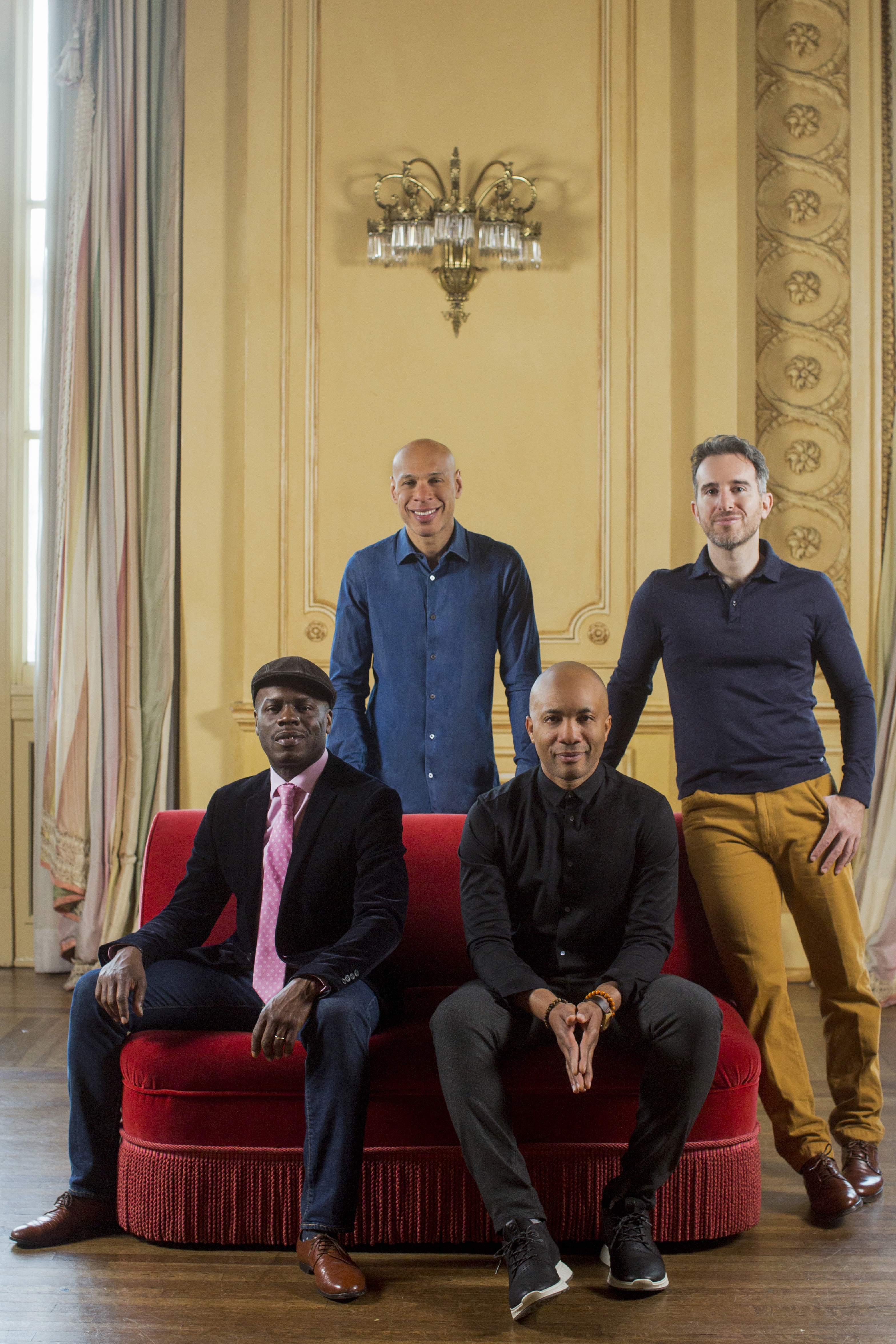
Joshua Redman is one of the most acclaimed and charismatic jazz artists to have emerged in the decade of the 1990s. Born in Berkeley, California, he is the son of legendary saxophonist Dewey Redman and dancer Renee Shedroff. He was exposed at an early age to a variety of music, and began playing clarinet at age nine before switching to what became his primary instrument, the tenor saxophone, one year later. But although Joshua loved playing the saxophone and was a dedicated member of the award-winning Berkeley High School Jazz Ensemble and Combo from 1983-86, academics were always his first priority, and he never seriously considered becoming a professional musician.
After he graduated from Harvard College with a B.A. in Social Studies, he had been accepted by Yale Law School, but deferred entrance for what he believed was only going to be one year.
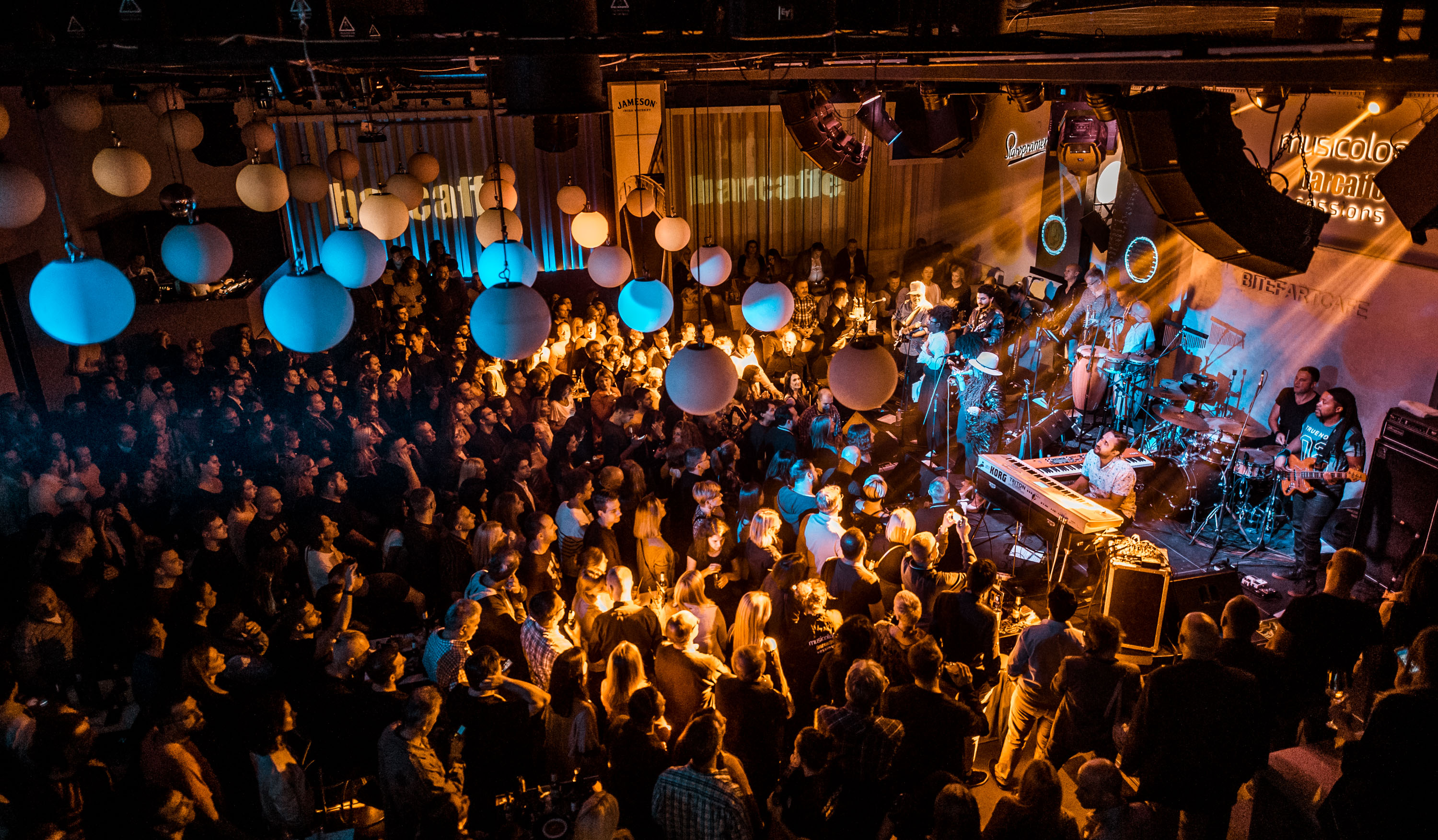
Some of his friends had recently moved to Brooklyn, so he decided to join them. He began jamming and gigging, and almost instantly ended up on the map of NYC’s jazz scene. Soon he was named the winner of the prestigious Thelonious Monk International Saxophone Competition, and began playing with musicians such as Pat Metheny, Dave Brubeck, Bill Frisell, Herbie Hancock, Quincy Jones, B.B. King, Brad Mehldau and many more.
He published 20 albums, had 2 Grammy nominations, and had outstanding critics from world-class music magazines that had positioned him as one of the greatest jazz saxophonists of today:
“Jazz is a music of surprise; it’s a music of spontaneity. I think jazz musicians live – I know I do – for being surprised and not knowing what’s going to come next.”
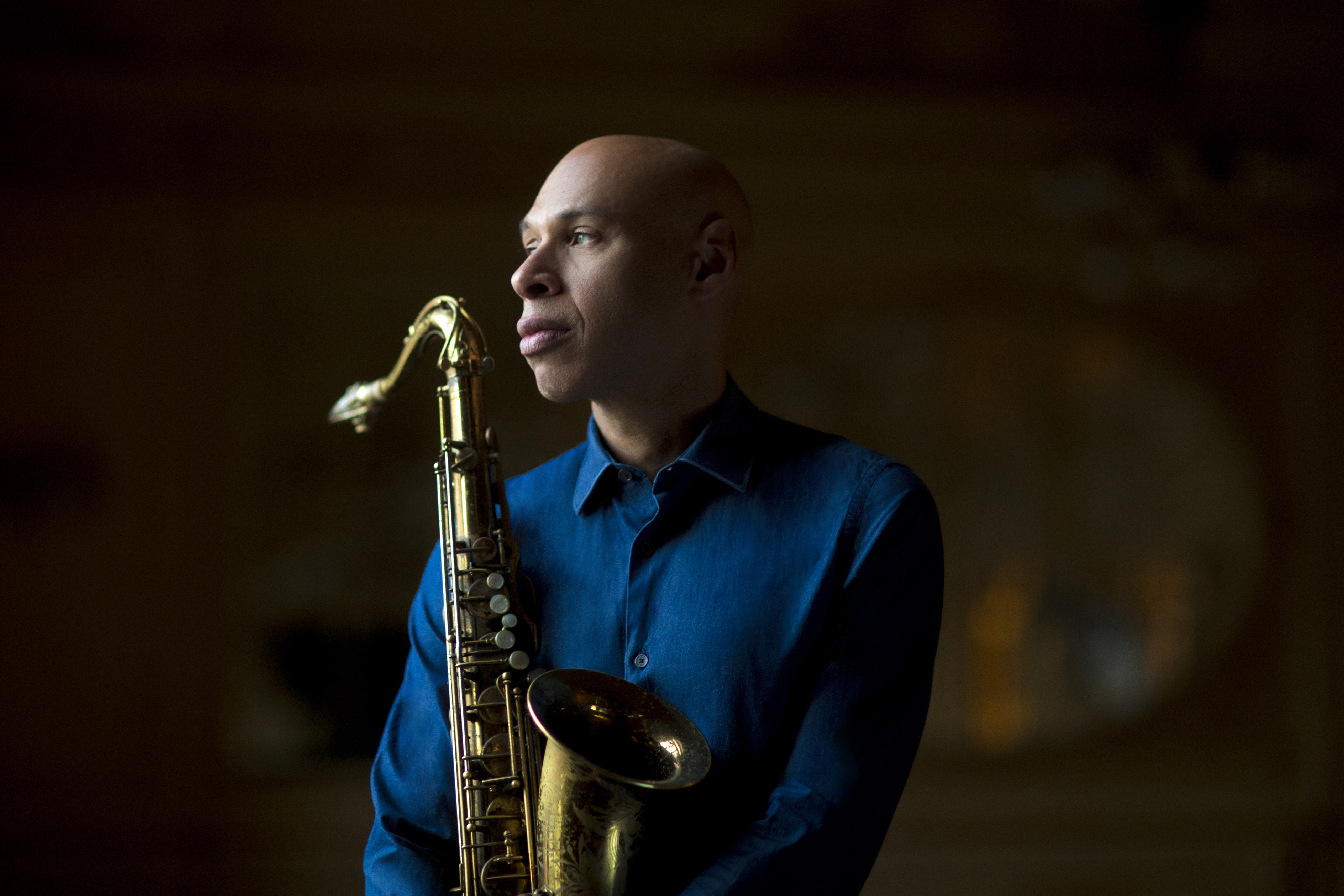
Joshua Redman Musicology Barcaffe Sessions Interview
- You’ve already been in Belgrade a couple of times. How was this experience for you? Are you excited to come back? What makes this time different? Any expectations?
I’ve had great experiences playing in Belgrade. I found the audiences to be incredibly warm and enthusiastic, but also sensitive and knowledgeable. I’m very excited to be returning. I’m expecting to have a very good time!
- You’ve been involved in many music projects. Can you tell us more? How many projects are you involved in at the moment?
Well…. There’s this Quartet, with Aaron, Reuben and Greg. We’ve been playing together for over 20 years. We released an album last year, Come What May. So that’s one of my main projects… I also play in a band called Still Dreaming, with Ron Miles, Scott Colley and either Brian Blade or David King. That band is sort of a celebration of the music and spirit of Old and New Dreams and Ornette…. I still play from time to time in Trio format (often also with Reuben and Greg)…. Every once in a while, I play with this band James Farm (with Aaron Parks, Matt Penman and Eric Harland)…. Brad Mehldau, Christian McBride, Brian Blade and myself just got back together (first time since 1994!) to record an album, which will hopefully be released this summer, and we’re also going to tour a bit in Europe (in the summer) and then the US (in the fall). There are other projects as well — really too many to list here!
- Tell us more about your current quartet and fellow musicians, Gregory Hutchinson, Aaron Goldberg and Reuben Rogers.
They’re amazing! Some of my favorite musicians on the planet, and certainly some of my dearest friends and closest collaborators. I’ve probably logged more hours on and off the bandstand with them than with anyone else. They’re my musical brethren. I love them and I love playing with them.
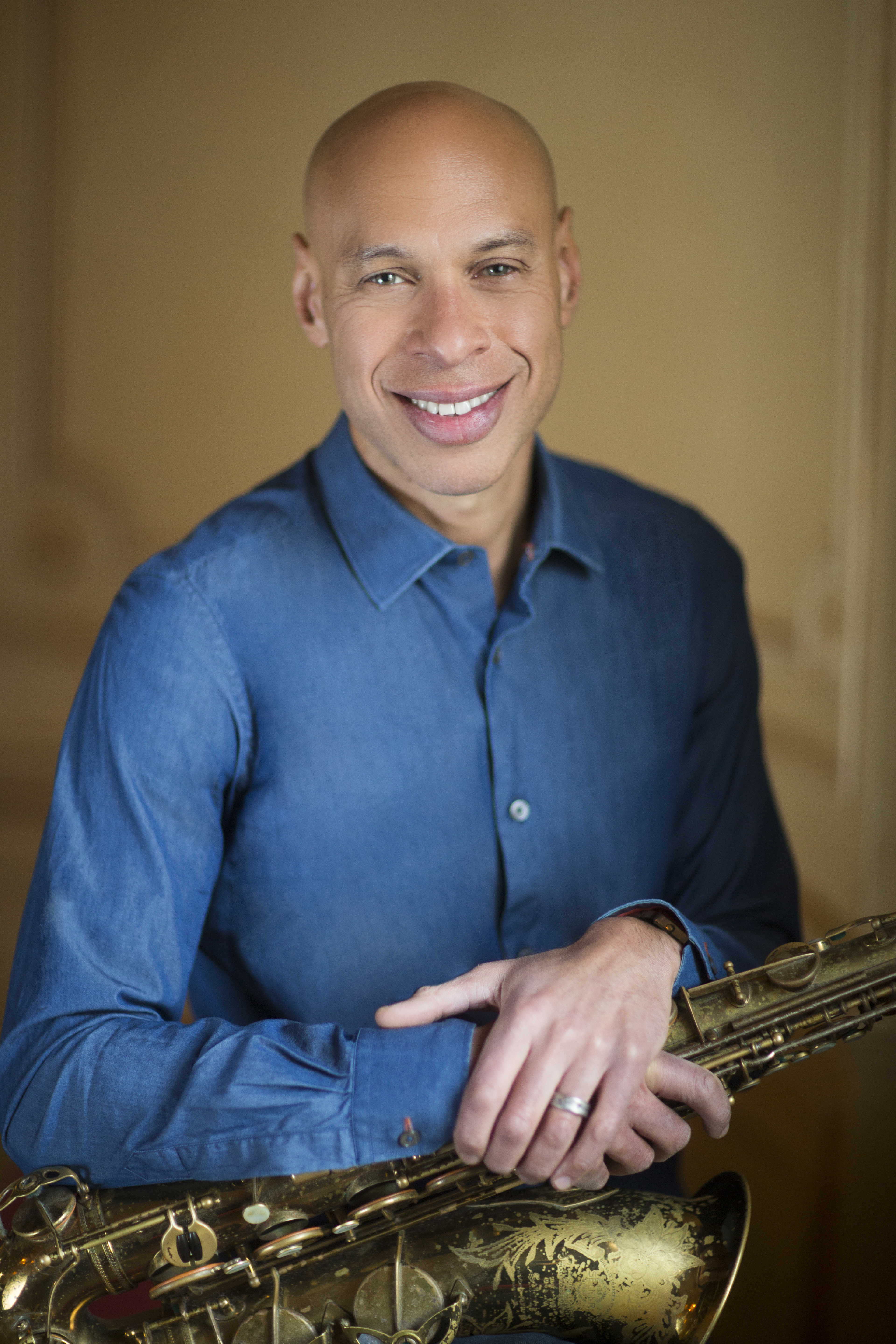
- Do you engage in educational work as a musician, and how do you perceive music education today?
I started teaching a bit at Stanford University last year. I really have no educational background in music. I never really studied music formally — never went to music school, never had sustained private instruction. So, I’m probably just about the least qualified musician to be an “educator.” But, I have been lucky enough to have had almost 30 years of experience playing with some of the most amazing musicians on earth. If I can bring some of that experience to bear in my work and interaction with the students, then maybe some good can come of it. More than anything, I believe real musical meaning (at least in jazz) is created in the moment. The more we can be present and engaged with one another, and really listening, and participating and conversing musically, the more successful we will be, and the more we will “learn.” I don’t have any real broad overarching educational philosophy — certainly not any sort of method or “system.” I think every musician is unique, every musical situation is unique, every musical performance unique. The more we can develop the knowledge and the experience and the skills to be best equipped to deal with this uniqueness — to the make the most of the particular musical moment — the better “educated” we will be….
I think jazz education is in a great place right now. There are so many amazing, talented, brilliant musicians out there, and they are being identified young, and being given the access to all these amazing resources to help them gain a really vast knowledge of the jazz language and develop these huge vocabularies and jaw-dropping techniques. They’re just getting better, stronger, faster, etc. with each passing year. I do think it’s important that the jazz experience be more than just with the jazz educational community. Jazz has to be more than just musicians studying with other musicians and playing for other musicians. Jazz has always been a music that lives and breathes and grows and innovates in real, live performance, by musicians, playing and touring in bands, communicating yes with each other, but also with audiences who themselves aren’t “schooled” musicians. So, no matter how great the jazz educational opportunities and resources, there can be no substitute for jazz musicians actually having the experience of playing and developing their music outside of academia — in the clubs, concert halls, festivals etc.… The education is great, but we also need the gigs!
- What are you striving for in music? What do you want to express through music?
I just want to play as honestly and expressively and creatively and collaboratively as possible, with others, for others, in the moment. To help make the music sound and feel good, and interesting, and soulful, and true. To be a part of it all.
- Do you have any advice to share with young musicians in Serbia?
Advice? I don’t know. Just listen, learn, study, practice, and then, when it’s time to play, really PLAY! That’s what it’s all about.
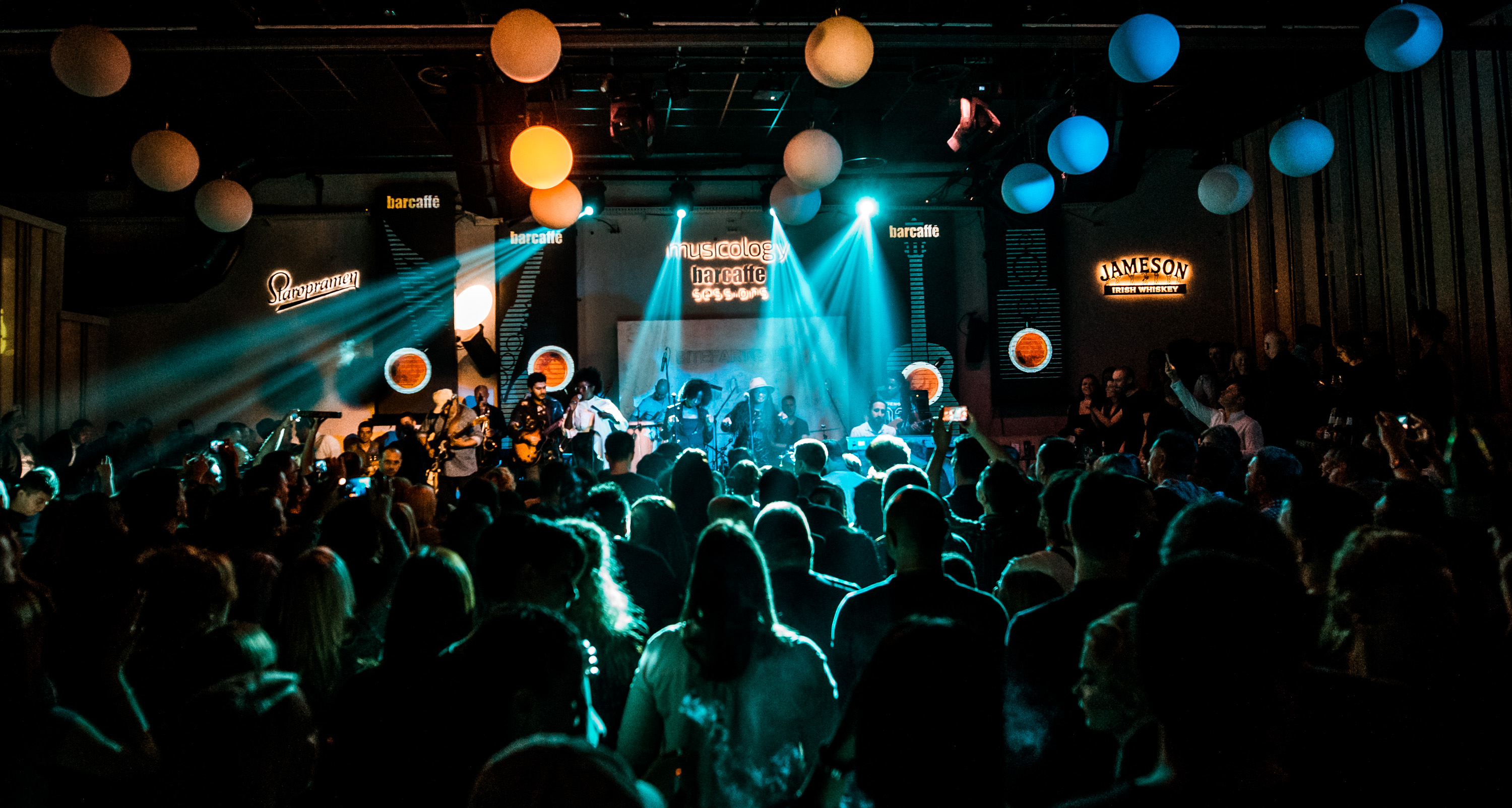
Tickets can be purchased via www.ddtickets.rs&www.tickets.rs
Photos that can be used are on the following link: